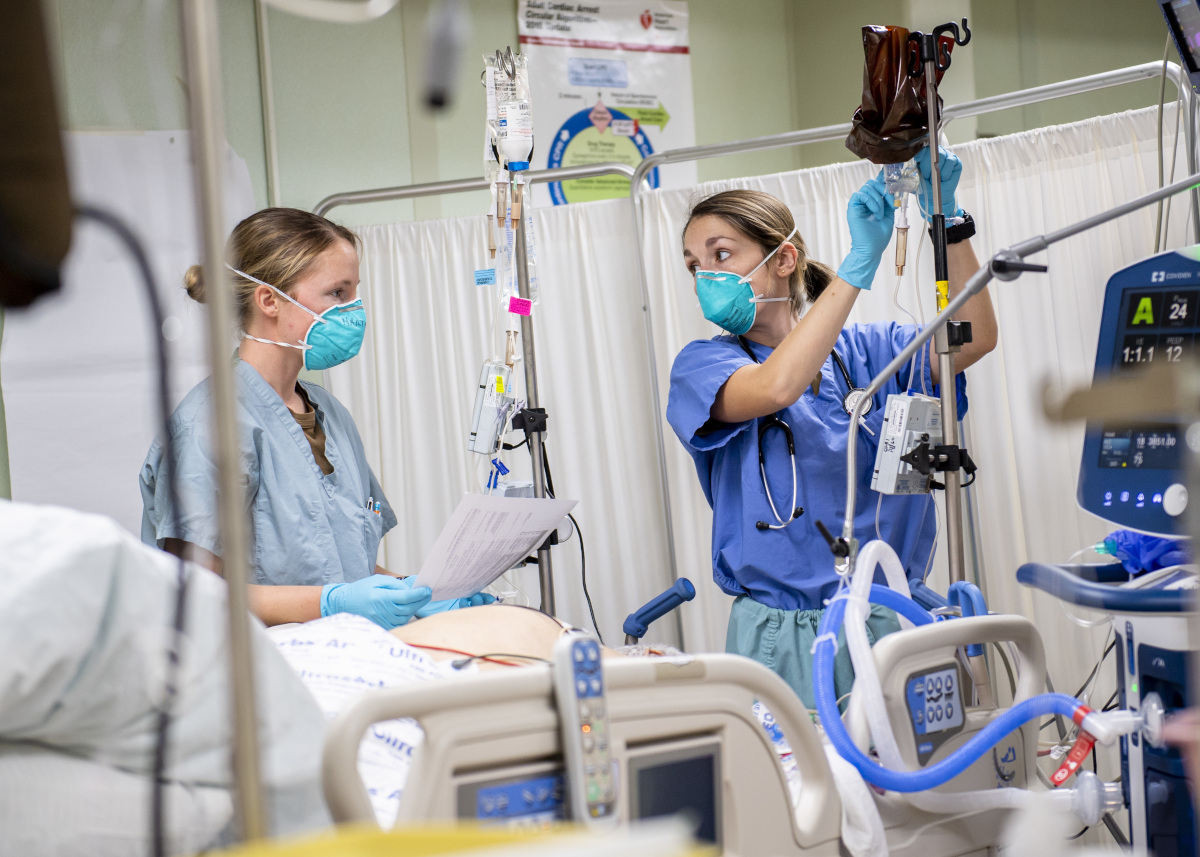Implementation of ventilation standards of at least five clean-air changes per hour, COVID-19 testing, the use of personal protective equipment (PPE), and universal wearing of respirators prevented most SARS-CoV-2 transmissions in a California healthcare system from 2020 to 2022, suggests a study published yesterday in Clinical Infectious Diseases.
For the study, University of California (UC) researchers used electronic health records and movement data of patients and staff to conduct viral genomic and social network analyses to estimate COVID-19 spread in the UC–San Diego Health system. The team analyzed 12,933 viral genomes from 35,666 infected patients and healthcare workers (HCWs) (out of 1,303,622 tests [2.7%]) from November 2020 to January 2022.
Comments closed
